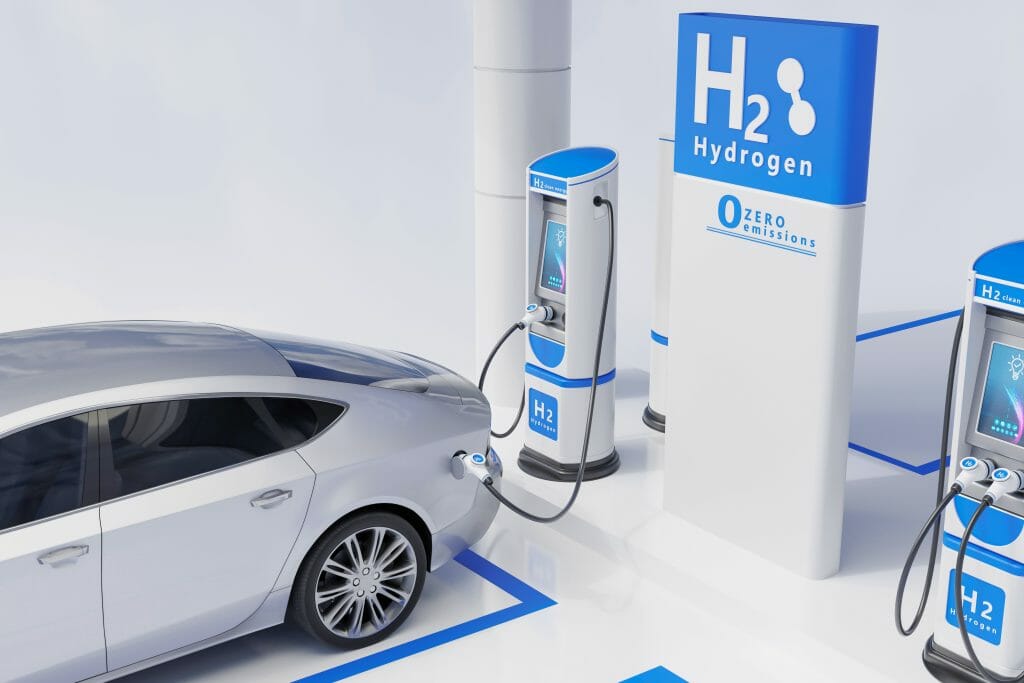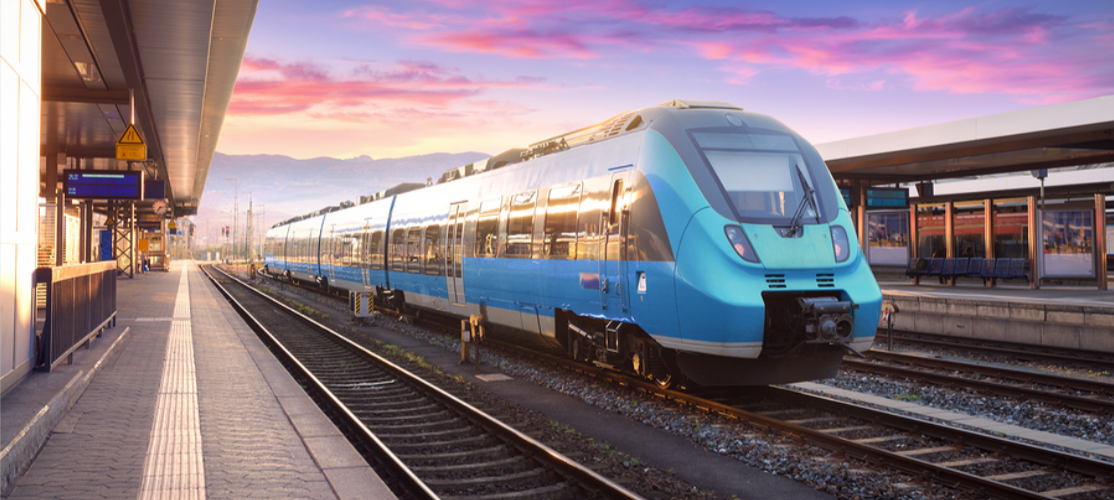The following report is from the Trends Journal:
Trains are a common mode of passenger, as well as freight, transport in Europe, where about half of working locomotives still belch smog from diesel fuels.
With Europe largely committed to reaching the emissions-reduction goals of the Paris Climate Accord, the French train-maker Alstom is helping the continent ride there aboard its new fleet of hydrogen-powered trains.
The trains run on fuel cells that burn hydrogen and have a range of 1,000 kilometers, or about 620 miles. The trains also reclaim energy from braking, which is stored in onboard batteries.
Existing diesel trains can be retrofitted with Alstom’s technology.
Electric trains also are beginning to vie for a share of the green public transport market, but the weight of the battery packs drains power too quickly for most uses.
Fuel cells and their gas tanks are much lighter.
After rolling more than 100,000 miles in tests around the continent, Alstom’s hydrogen trains have garnered orders from rail lines in Germany. In France, passenger rail company SNCF Voyageurs has ordered a dozen of the locomotives.
The trains will be rolling out of Alstom’s factory beginning next year and the company is in discussions with other potential buyers, a spokesman said.
While electric cars face a quandary around where to put charging stations, trains don’t: they travel fixed distances on fixed schedules and everyone knows where they start and stop.
Adding hydrogen fueling stations to trainyards owned by Alstom’s customers already is under way.
More broadly, the hydrogen fuel industry – which includes industrial gas suppliers as well as vehicle builders – is using the trains as a vanguard technology to familiarize the larger public with hydrogen’s advantages (80% efficiency, no loss of power over time) and establish a foothold for future cars and light trucks running on hydrogen.

TRENDPOST: Alstom may have an early lead, but Siemens, CAF in Spain, and Hitachi also are working on hydrogen trains. Swiss company Stadler is building hydrogen trains for Omnitrans, the San Bernardino, CA, transit authority. Canadian Pacific Railways is testing a hydrogen engine made by Ballard Power, an international fuel cell maker.
Hydrogen power will appear first in trains, city buses, and delivery fleets, then gradually will move into private passenger vehicles late this decade or early next.
AUTHOR COMMENTARY
As with things like this, at face value we would not think much of it, but WinePress readers know where this is all heading towards. Though the outlines for Agenda Absolute Zero and Agenda 2030 do not mention hydrogen trains and or any form of hydrogen transportation. So, I suspect that these trains are perhaps put in use to get the masses used to more “eco-friendly” items, or maybe these hydrogen technologies will be integrated with what the blueprints for these agendas continually repeat: electricity.
The Media Again Warns Of A Cyberattack. Fears Of “Jackware”
Study Finds Electric Vehicles Cheaper In Europe Than Gas-Powered Cars By 2027
Sweden Develops Concrete That Can Conduct Electricity.
Let me know your thoughts in the comments.
Regardless, it seems the Vatican’s Laudato Si’ is continuing on schedule.
Wisdom is the principal thing; therefore get wisdom: and with all thy getting get understanding.
Proverbs 4:7
[7] Who goeth a warfare any time at his own charges? who planteth a vineyard, and eateth not of the fruit thereof? or who feedeth a flock, and eateth not of the milk of the flock? [8] Say I these things as a man? or saith not the law the same also? [9] For it is written in the law of Moses, Thou shalt not muzzle the mouth of the ox that treadeth out the corn. Doth God take care for oxen? [10] Or saith he it altogether for our sakes? For our sakes, no doubt, this is written: that he that ploweth should plow in hope; and that he that thresheth in hope should be partaker of his hope. (1 Corinthians 9:7-10).
The WinePress needs your support! If God has laid it on your heart to want to contribute, please prayerfully consider donating to this ministry. If you cannot gift a monetary donation, then please donate your fervent prayers to keep this ministry going! Thank you and may God bless you.







